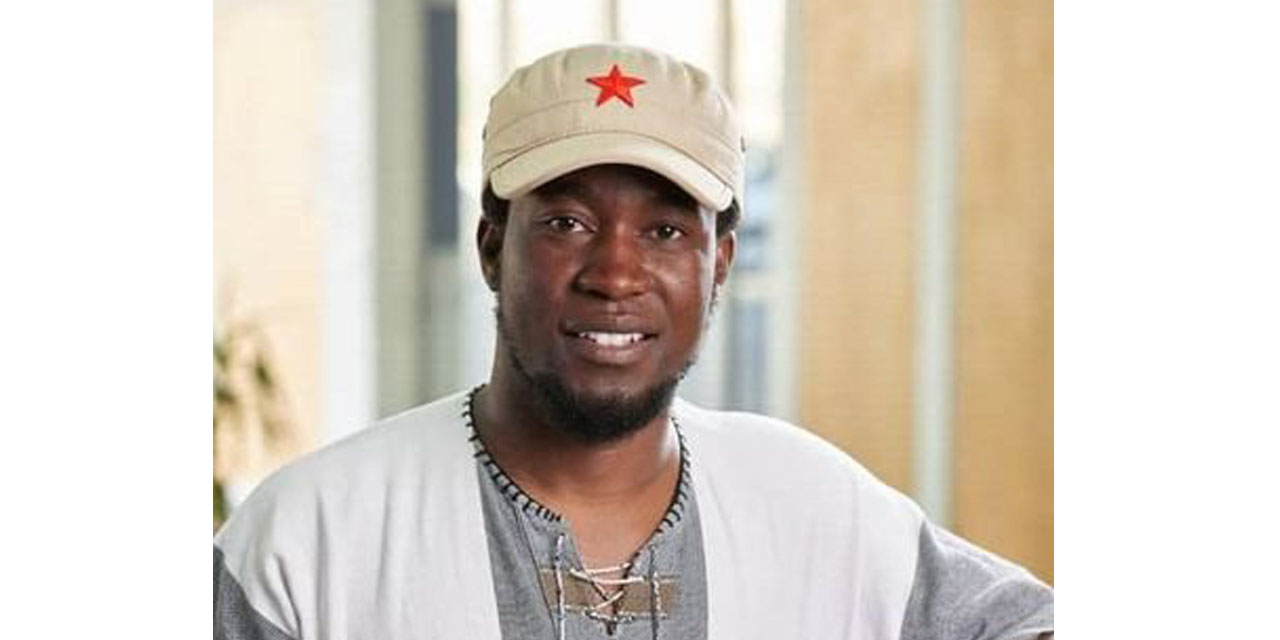Stefanus Nashama
The current leadership of both Namibia and South Africa is finding itself in the hot seat with youth leaders announcing their intention to run for President in the next election cycle.
Former SWAPO Party Youth League Spokesperson, Job Amupanda, last month announced his intention to run for the Namibian Presidency.
In South Africa, the 40-year-old son of South Africa’s former President Jacob Zuma, Duduzane Zuma, surprised the South African political landscape when he announced on Monday that he will be running as an independent candidate in that country’s next general election next year.
In an interview with Daily News on Monday, the young Zuma said it is time for the old generation to leave the country in the youth’s hands.
Last month, Amupanda, the current leader of the Affirmative Repositioning (AR) movement, said it will be the best news when 82-year-old President Hage Geingob hands over power to a 37-year-old candidate.
Zuma, a member of South Africa’s African National Congress (ANC) during his announcement urged old people to voluntarily step aside to make way for the youth.
Amupanda sees it the same way and said it is a well-known approach of African people to allow the younger generation to take over from their grandparents.
Zuma said the time had come for the youth to take the baton from the older generation because many of them were caught on camera having an afternoon nap in Parliament.
Amupanda said the decision for him to stand is interventionist purpose, orientation and objective.
“There are no alternatives. We have no choice but to ascend to the highest chair in our country from where we will direct the country, its economy and its people to a better place. The decision to stand is interventionist in purpose, orientation and objective,” he stated.
The young Zuma is the first ANC member to announce his plan to contest in the country’s presidential election as an independent candidate.
Zuma said he does not need permission from anyone to do the right thing, adding that not even his father’s permission. It was a question of notifying him and not asking for permission.
He also indicated that one does not need to have been in exile, imprisoned or have been a liberation soldier to run the country.
The country needs business skills rather than political credentials because a good South African president must be able to go all out and woo investors to grow the economy and create jobs, Zuma said.
He alleged that the current crop of government leaders havemany political credentials, but the country was still collapsing while under their leadership.
Meanwhile, political analyst, Ndumba Kamwanyah said the politics of young people is grounded in the philosophy of changing the nature of politics.
Kamwanyah indicated that young people are running for the presidency because of personal convictions to bring about change that liberation movements have failed to address.
“The young Zuma’s plan was motivated by revenge, what happened in South Africa,” he stated.
He stated that although the youth might have strong convictions to change the nature of politics, they are running without a clear vision to make a change in politics.
He explained that it is a good aspect of democracy for your people to run for the presidency through political party affiliation or as an independent candidate.
“The more we have young people running for the presidency the more voters are not limited to vote,” Kamwanya said.
Those affiliated with political parties worked according to party principles, guidance and directive, which Kamwanyah describes as dangerous, while those running independently have more room to do better.
Kamwanyah said the problem with SWAPO, ANC and other African liberation movements is the lack of a mechanism to address conflict within the parties.
“Without a mechanism, the only choice is to expel, suspend or recall those opposing you, and those who want loyalty. This makes people, especially young ones form their own political parties or stand independently,” he said.
Kamwanyah urged Swapo and ANC to adjust to current affairs, by allowing members to criticize sicknesses, and seek loyalty.
“Loyalty makes people submit to authority,” he said.




